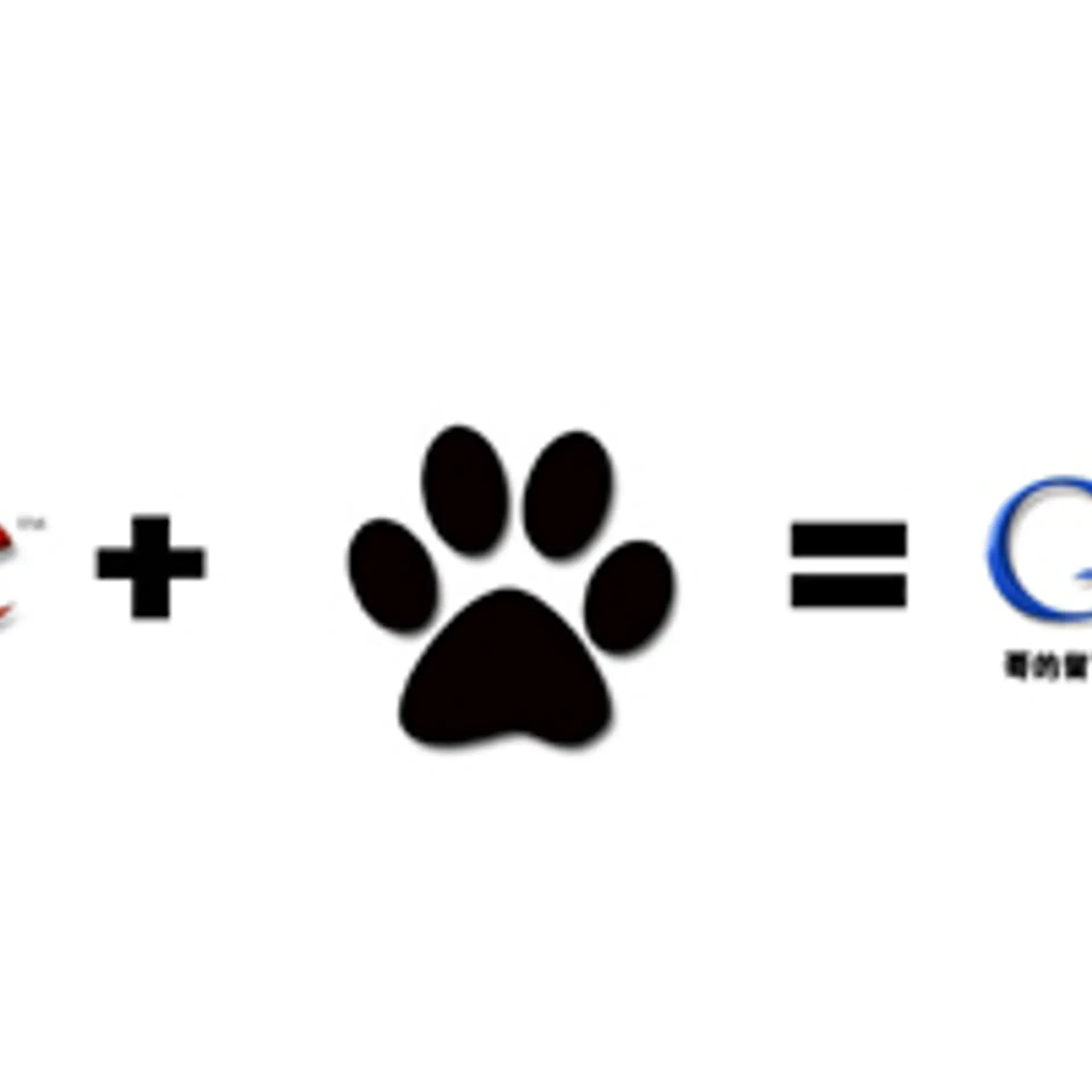

Role of Leadership in Making ‘Work From Home’ Effective
Trust, communication and building culture- 3 key things required for flexible work to happen effectively
Work is imperative have necessary for the sustainment of human kind and hence, even the primitive man has kept himself occupied by indulging in one or the other form of work since the dawn of time. However, the reasons for working in the early 20th Century were so different from now. Additionally, even the nature of work has changed, we no more make cartwheels or earthen pots.
The work back in the 80s and 90s was merely for survival. The work in those days was just a ‘job’. This often makes me wonder, how many people really know the difference between a job and a career? You are broke and in dire need of money, so you do a part-time job in a mall. But do you see yourself working in this role forever? Maybe not! You might go for higher studies, become an engineer, and get a job in the same field. You think of it as a more long-term engagement, which you also love. This is a career path that you choose. What I am trying to convey can easily be gleaned from the above example. A job can become a career if the degree of engagement or commitment is enhanced.
Coming back to discussing the evolution of the workforce and workplace. After the survival instincts, the purpose shifted to social acceptance. People soon started to identify with their jobs, so much that seeking validity from the peers and the employer became common.
But now what? In this era of countless job opportunities, there is no dearth of work. For example, if you are an architect, several employers will be willing to hire you. So, how will you make a choice? It will depend on which job will help you find a meaning or purpose in life.
Why such a transition, you ask? Well! part of the reason for this evolution is automation, which means jobs are more creative and humane than just being logical or mechanical in nature. All jobs that involve logic are getting automated.
What does that mean?
It simply translates to a workforce that is more creative and understands the human angle well. The logic and analytic are assumed. So, the question is - what else should the workforce be excited for in terms of their jobs?
A workforce, which includes millennial, is inclined towards flexible working hours, and in some cases, work from home.
Companies that have excelled in their policies and preparedness in such remote working, are in demand and employ some of the best people in the world.
In times of crisis, the companies are responsible for taking care of the employees. Now when Coronavirus has been declared as a pandemic by WHO, work from home is a wise decision to avoid further transmission. Many companies have made it mandatory for employees to indulge in remote work.
Now going remote is not as easy as it sounds. There are many aspects attached to it. Let’s discuss them one by one. But first, let’s see, what is it that makes remote work possible in the first place?
The basic requirement for such a system to work is a technical architecture that allows people to collaborate even when they are not physically in the office. This includes connecting to remote servers via VPN, using chat and video tools for communication, cloud code repositories, and project/task management tools on the cloud. With such tools, people can collaborate and work effectively.
However, many employees take advantage of such employee-friendly policies. What do you do when implementing such policies become the need of the hour? This is where the role of work culture and good leadership comes in.
For such flexible work to happen effectively, there are 3 key things - trust, communication, and building culture.
1. Trust - What is life without trust? Life at home, life in the office, life on streets, there is no alternative to trusting. Without trust, everything would be chaotic. You cannot expect your employees to work efficiently if you do not trust them. Lack of trust will lead to micromanagement, which will, in turn, create misunderstandings. Any individual who is violating needs should be addressed separately. But not trusting the team because of one single employee is unfair. Abolishing the process is not right, instead, refining the policies is the right way.
2. Communication - We should understand that face-to-face communication differs greatly from phone communication. The key difference is the absence of body language and face expressions in phone communication. We should know when to call and when to chat. There are some do’s that can enhance remote communication like using emojis, calling the person if it gets difficult to write, acknowledging the message, etc.
3. Building culture - Just like in physical workspaces, building culture in remote working is important. Since people are a working from a distance, I recommend:
- A physical sync up once a week, if possible. This could be in an informal setting like in a coffee shop, cafe, etc.
- A virtual social meeting where people can talk about work, ideas or chit chat about movies, etc.This can give the employees some break from their otherwise hectic schedule.
- Some online engagement activities that will boost the morale of the employees.
Always remember that these (trust, culture, communication) are the key skills of an effective leader. An effective CEO can inspire people and build an effective organization. An exceptional CEO can inculcate these values in other people and can make a remote workplace efficient. This journey, however, can be an uphill battle, especially if companies have been traditional and have been operating in a conventional manner. Such a transformation is a true test of leadership and true learning for all involved in the journey. Here’s what the leaders can further do to overcome the challenges that might come while managing the crisis and ensuring smooth remote work:
1. Accept the situation: Understand what your team needs and act on it. However, you cannot fully act if you do not accept or address the situation in the first place. Thus, it is important to accept the crisis to move forward. Being in denial will only lead to more uncertainty and panic among the employees.
2. Communicate and be more receptive: Try involving all the employees in making the decision. How will you know what is best for your team without their opinions and ideas? You cannot make an informed decision until you communicate.
3. Diving in too deep: Learn as much as you can about remote working and how you can make it as effective as possible. Know all the challenges that you can face and be prepared with a solution.
4. Form a sense of connection: Your employees are working from home but do not forget that they are still your employees. Instead of a phone call or message, you can arrange for a video call to add a personal touch.
5. Keep checking on them: Keep asking the employees if they need anything or if they are facing any challenges while working remotely. If they are, understand the problem and provide a useful solution.
All organizations to a certain level should be prepared should a crisis arise. There might be a few hurdles but do not forget that you are in this together.
Just to leave an open question, what will happen if the internet breaks worldwide for a week? How will organizations adapt?







